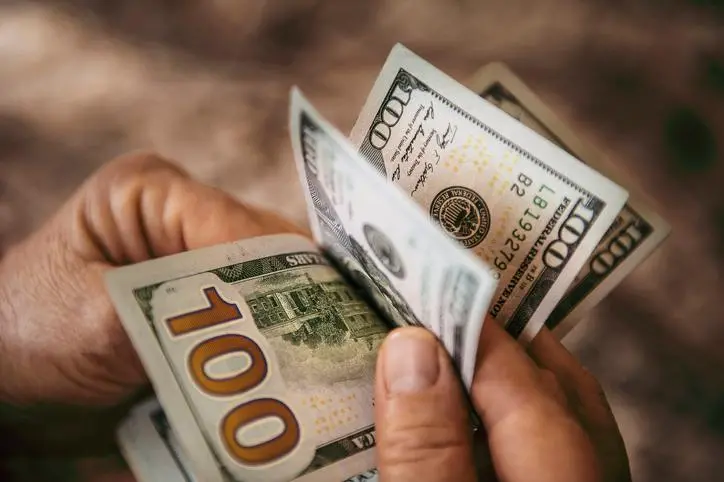PHOTO
(The opinions expressed here are those of the author, a columnist for Reuters.)
LONDON- The ultimate monetary backstop in a severe economic shock is "helicopter money," or free cash for everyone as if it were dropped from the sky. After years of the idea occupying the margins of economic thought, it is gaining currency among economists and policymakers as a cure for coronavirus.
The phrase was first coined by monetarist Nobel laureate Milton Friedman in the late 1960s and then evoked by former Federal Reserve chair Ben Bernanke some 18 years ago.
More recently, it has been co-opted by left-leaning economists into proposals such as universal basic income (UBI), where the government guarantees every citizen a minimum income, and Modern Monetary Theory, where central banks underwrite government investment spending.
At its core, the idea of helicopter money calls for central banks to provide zero-cost, unlimited funding to the government, which can then spend it on public investment, direct transfers or centrally funded tax breaks to get cash to households and companies as long as it doesn't spur inflation.
In effect, the central bank buys government IOUs and effectively writes them off by holding to maturity. Governments then use the money to sustain consumption and business that could otherwise come to a grinding halt and lead to mass unemployment.
It differs from existing 'quantitative easing,' which relies on banks to lend money that is raised after the central bank buys bonds and securities.
With economic activity shutting down as governments across the world try to stop the spread of coronavirus and markets fail to react to stimulus steps taken so far, some mainstream economists are beginning to think it is time to send in the choppers.
In an article a year ago, Sonal Desai, chief investment officer at Franklin Templeton Fixed Income, the California-based asset manager, argued against the idea of government spending with abandon on such programmes, saying it can damage incentives and resource allocation in the economy.
Now, Desai believes that "a blanket income-support measure" would be justified in the worst-case scenario of the impact from coronavirus because it can be temporary and deployed quickly.
BRIDGE TO NORMALIZATION
"I can't believe I am saying this, but if the situation worsens significantly this could be the time to launch a time-bound universal basic income programme," Desai said in a research note. "This would offer income security to workers in the most precarious positions - wait staff at restaurants for example - acting as a bridge to when the economy normalizes."
Another convert: White House economic adviser and long-time conservative commentator Larry Kudlow. On Monday, Kudlow told Fox Business Network that the Trump administration could pump in $800 billion or more into the economy and would consider sending cash to households as short-term relief.
Only 10 days ago, he had argued that any fiscal measures should be temporary and targeted. "We are at the moment not going to do these gigantic packages where we put in helicopter money for everyone," he said at the time.
Last month, Hong Kong's government gave each citizen over 18 years of age a direct transfer of more than $1,200 after months of disruptive street protests morphed into virus lockdowns.
The leap to helicopter money is a short one, as it simply posits direct central bank funding of these sorts of handouts. With central bank rate cuts and renewed QE programmes pushing government borrowing costs close to zero, some think it's a moot point and central banks are financing governments already.
HEADED TO THE HELIPAD
There are many arguments against helicopter money. Most economists and investors fear that, unlike QE, helicopter money is harder to drain from the system and the excess money could spur long-term inflation over time - however far fetched that may seem in the current environment.
Another concern is it requires close coordination between central banks and government, which may undermine bank independence over time to the detriment of sound monetary policy and encourage politicians to seek funding at will. This is a particular problem for the multinational European Central Bank
But for many investors and economists, the troubling global situation wipes many of those concern away.
"The private sector, households and companies are being hurt by a major natural disaster, COVID-19," said Yves Bonson, chief investment officer at Switzerland's Julius Baer Group. "Losses must be offset by monetisation, otherwise a severe recession, followed by several years of chronic deflation, will ensue."
(Editing by Paritosh Bansal and Edward Tobin; Twitter: @reutersMikeD) ((mike.dolan@thomsonreuters.com; +44 207 542 8488; Reuters Messaging: mike.dolan.reuters.com@thomsonreuters.net))





















